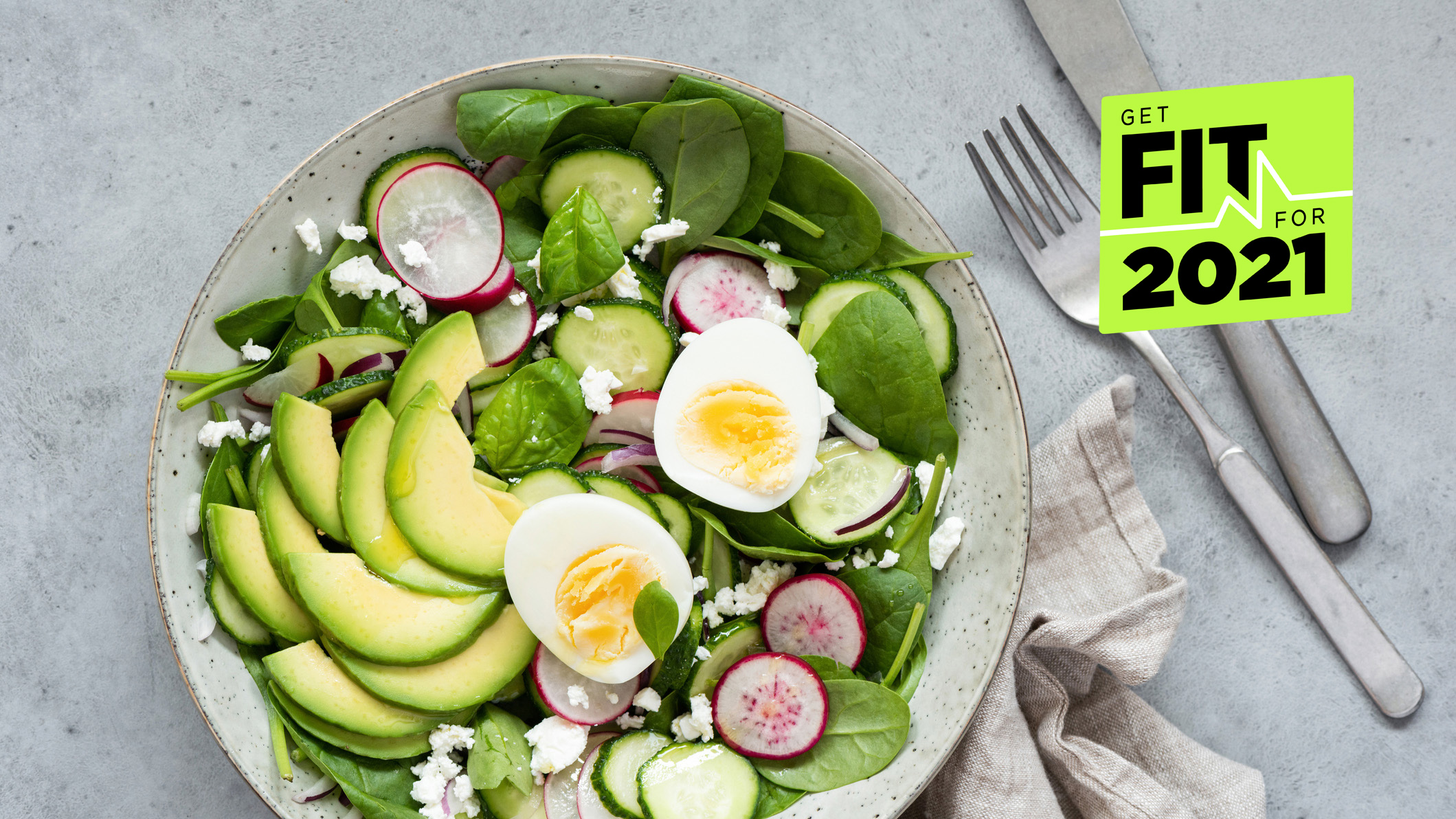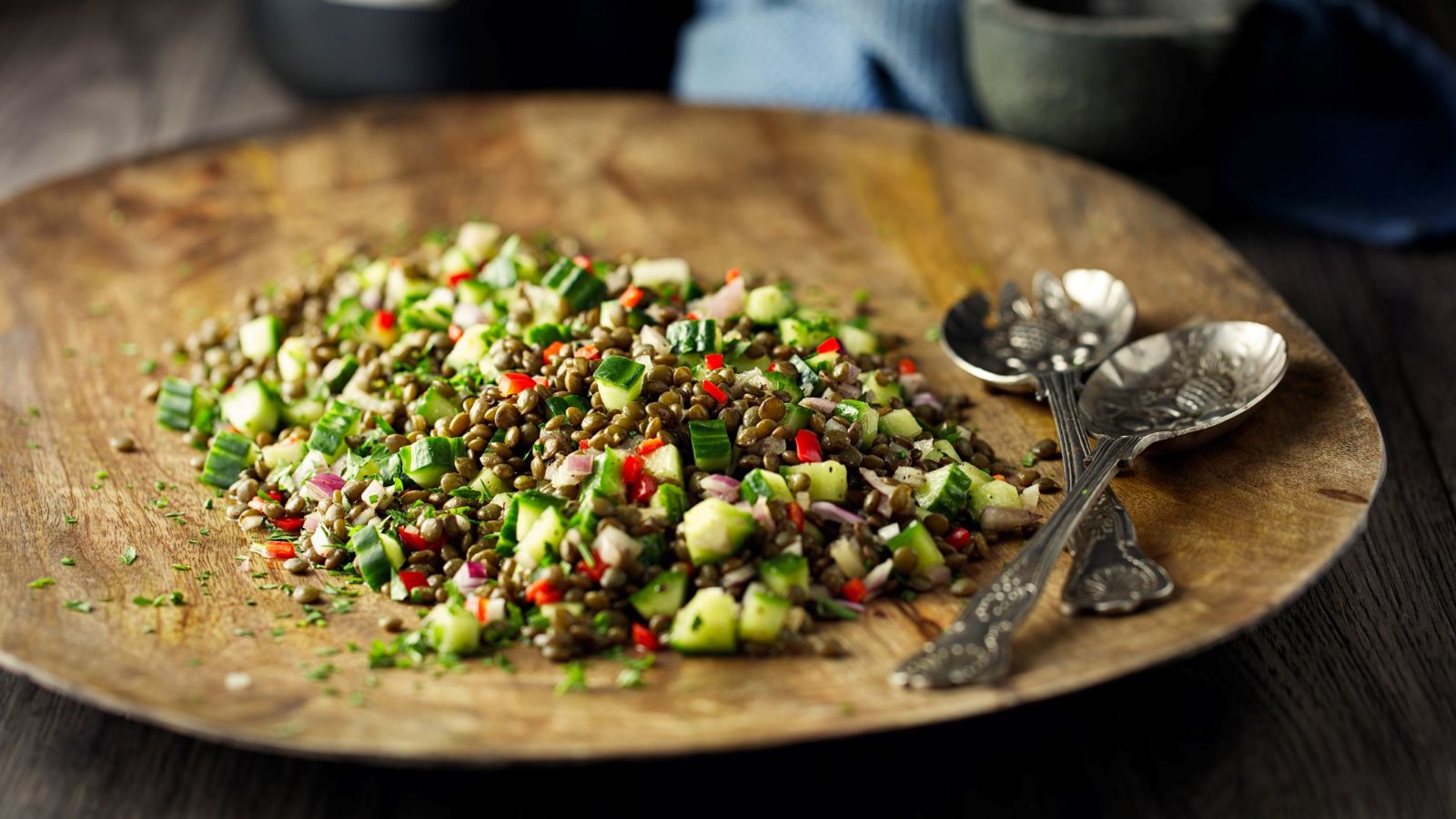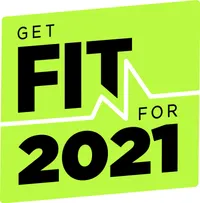Keto vs low carb diet: which is better for exercising and weight loss?
Which one is better: keto or low carb diet? So Nourished co-founders weigh in on the topic


Get all the latest news, reviews, deals and buying guides on gorgeous tech, home and active products from the T3 experts
You are now subscribed
Your newsletter sign-up was successful
Weight loss has been, and probably always will be, a a hotly debated topic. Most recently, the conversation shifted to macros for weight loss and what is the best combination of carbs, protein and fat in the diet to achieve long-term weight loss. Here, we'll discuss the difference between two of the most popular diets, namely keto vs low carb diet: which is best for weight loss?
Before we start, it's important to note that going on an extreme diet in order to lose weight is almost never a long-term solution. Apart from the obvious psychological strains that come with being hungry all the time, calorie-restricted diets slow down metabolism and when eating less, people also often cut essential micronutrients out of their diet.
A more gentle transition can help the body adjust efficiently. As opposed to switching from a high-carb diet to strict keto, dieters might want to consider gradually reducing their carb intake and increasing their dietary fat consumption. This way, they not only learn more about the food they eat but also leave time for the body to shift to the new energy source.
We asked to experts on the topic, Rami and Vicky Abrams, co-founders of So Nourished and low-carb experts, to shed some light on the keto vs low carb diet debate. They live and breathe all things keto and also published a number of books on the topic, including Keto Diet For Dummies and Keto Desserts For Dummies.
- What is keto diet
- 1-week keto diet plan
- Which fasting method is best for weight loss? Science has the answer

What’s a keto diet?
When on keto, the body burns fat for fuel instead of carbs. This has a number of health benefits such as reduced 'bad' cholesterol and reduced blood sugar and insulin levels. Another 'side-effect' of keto is quick loss at the beginning: this is because "low-carb diets act to rid excess water from your body, lowering insulin levels and leading to rapid weight loss in the first week or two", according to Healthline.
"Imagine your day full of high fat and low carb foods like meats and fish, cheeses, eggs, nuts, low starch veggies, low sugar fruits and tasty keto desserts", the So Nourished team adds. As well as keeping carb levels low, moderate protein consumption is recommended when on keto. The actual amount depends on your activity levels and metabolism.
What are the pros/cons of keto diet?
As the So Nourished team explains, "Keto is not only a more efficient way of fueling your body, you can experience a range of benefits from weight loss, lowered inflammation, mood improvements, more stable blood sugar levels, to even reversing diseases like Type 2 diabetes and PCOS. Following a ketogenic diet can also help reduce risk factors for heart disease, stroke, Alzheimer’s, epilepsy, and more."
Get all the latest news, reviews, deals and buying guides on gorgeous tech, home and active products from the T3 experts
As for cons, some people may experience 'keto flu' when first going full keto. It is a result of the body getting used to the new type of fuel (carbs to fat). Symptoms may include headache and irritability, but in more severe cases constipation, nausea and even vomiting. All these side effects may pass soon after the body adjusts to using mainly fat for fuel.
As mentioned above, going keto will result in quick weight loss as the body releases some water but the initial quick weight loss might come to an abrupt end as the body gets used to the new diet. This might result in some people giving up the diet, going back on a high-carb diet and gaining the weight back shortly after.
Going keto is not all nausea and constipation though. "While the length of time it takes to adapt to a keto diet varies, the process begins after the first few days", verywellhealth reports, "then, after about a week to 10 days, many low-carbers suddenly start to feel the positive effects of keto-adaptation. They report improved mental concentration and focus and more physical energy as well."
What’s a low carb diet
Keto is a type of low carb diet: "the main difference is the amount of carbs you allow in your daily diet", So Nourished explains, "keto dieters stay around 25-50 grams of carbs per day while low carb diet is broader and could be anything lower than the Standard American Diet (SAD) which is around 225-325 grams of carbs."
Notice the difference between the SAD and keto carb levels. Following a strict keto diet, either for medical reasons or otherwise, means a reduction in carb intake to one-tenth of you might otherwise eat a day.
How low is 25 grams of carbohydrate? To put in in perspective, 100 grams of banana contains around 23 grams of carbs. If you had a banana in the morning and wanted to make sure you stay within the low carb levels required by strict keto, you wouldn't be able to eat anything else that contains carbs for the rest of the day.

What are the pros/cons of a low carb diet
Low carb diet might not have the same effect on your body as keto as just by reducing carbs will not necessarily send your body into ketosis, a state when it uses mainly fat for fuel. On the other hand, low carb diet might be a healthier option if your primary aim is to reduce blood sugar levels and improve gut microbiome, as long as you supply your body with healthy carbs sourced from fibre-rich vegetables, pulses and nuts.
"It’s a handy way of adding more veggies to your diet since you’d probably replace your carb-filled favorites with low starch veggie sides (think mashed cauliflower or spaghetti squash noodles)", So Nourished adds.
Which one is better for long term weight loss?
So Nourished vouches for keto: "Keto is hands down a better way to lose weight. People who eat keto full-time consider it a lifestyle, not a diet, which makes it easier to stick to."
"By cutting carbs slightly on a low carb diet, you won’t be changing your lifestyle enough to rewire your body to burn fat for fuel. You’ll still be dependent on carbs for energy; and when you don’t give your body enough energy, the diet becomes unsustainable. Keto encourages fat consumption for energy – you’ll never run out of delicious and healthy foods to eat and fuel your body", So Nourished adds.
That said, low carb diet has its benefits but the scale of changes depends on the body's reaction to both carbs and fat. Some DNA tests, such as the NGX DNA test, can tell you how well your body utilises carbs and fat. Most usually, the body (genetically speaking) prefers one over the other but in some cases, it might be able to switch from carbs to fat easier.
If that's the case, going low carb 'only' could have similar effects as going full keto. In general, cutting back on carbs (and sugar) can help reduce blood sugar levels and put you on a more sustainable diet overall.
Which one is recommended for muscle building/endurance training?
As So Nourished explains, "since fat is a more stable and long lasting source of energy than carbs, it’s great for endurance training. It can sustain muscle building as well. However, a standard diet may help more explosive movements and muscle building."
Chris Froome famously attributes his success in cycling to a low carb diet (among hard work and other factors), and he's won three Tour de France titles which seems to underline the benefits of low carb diet – and therefore keto – in endurance training.
However, resistance training in particular requires carbohydrates to speed up recovery and aid the muscle building process. Strict keto doesn't supply your body with enough carbohydrates to aid 'bulking up'.
Some devices, such as Lumen, can help you determine and recommend the correct amount of carbs and fat to eat in order to lose weight or build muscle. According to its website, "Lumen uses a CO2 sensor and flow meter to determine the CO2 concentration in a single breath. This indicates the type of fuel your body is using to produce energy."

This is part of T3's Fit for 2021 programme, which will be running throughout January. We aim to bring you tips on diet, lifestyle and exercise that will help you shape up for what is certain to be a difficult year. One thing we can guarantee: it WILL be better than last year. And hopefully we'll help you get the most out of it.

Matt Kollat is a journalist and content creator for T3.com and T3 Magazine, where he works as Active Editor. His areas of expertise include wearables, drones, action cameras, fitness equipment, nutrition and outdoor gear. He joined T3 in 2019.
His work has also appeared on TechRadar and Fit&Well, and he has collaborated with creators such as Garage Gym Reviews. Matt has served as a judge for multiple industry awards, including the ESSNAwards. When he isn’t running, cycling or testing new kit, he’s usually roaming the countryside with a camera or experimenting with new audio and video gear.